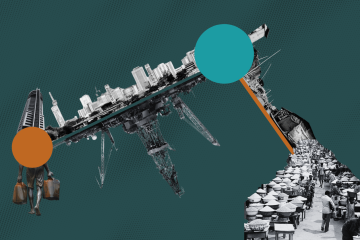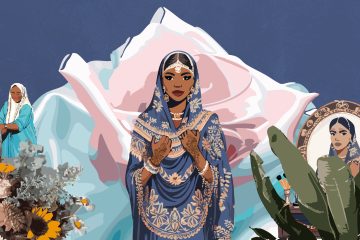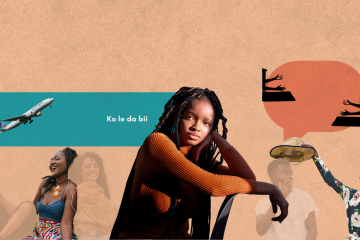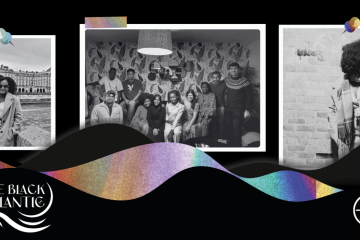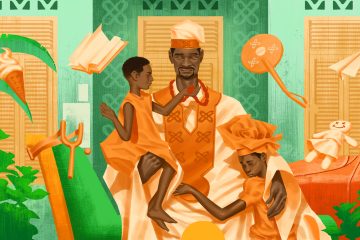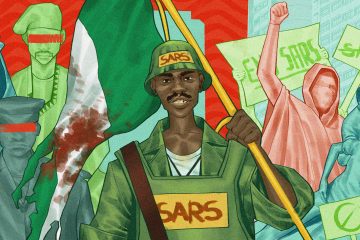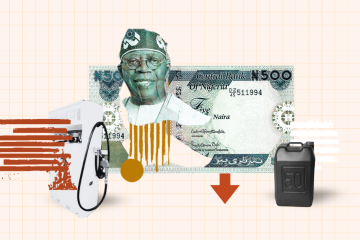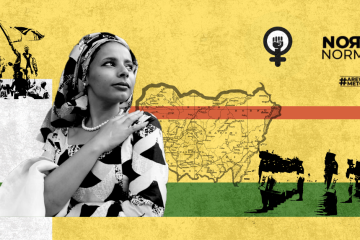Nigeria: News, Stories and Analysis.
Inside Nigerian Freelancers’ Currency Trap
Nigeria’s freelance economy is growing, but for millions of digital workers, receiving international payments remains an extreme sport. If the country wants to export digital labour and capture its value at home, it must first fix how that labour gets paid. Read More...




